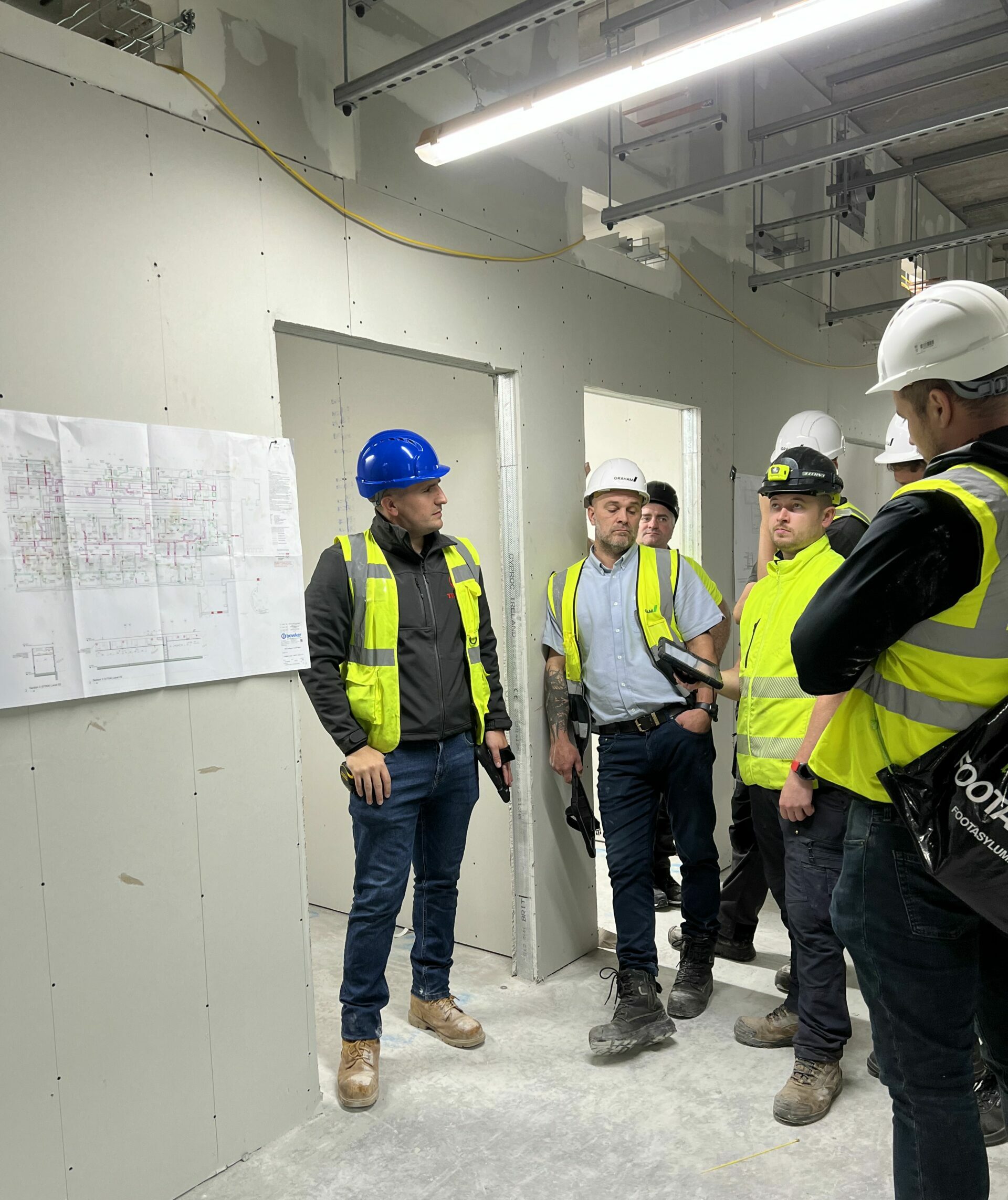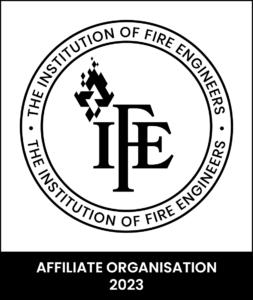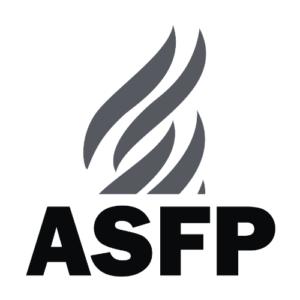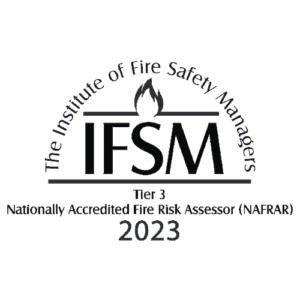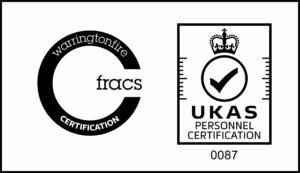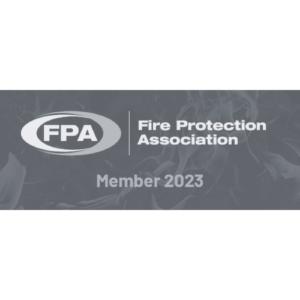Fire protection is a requirement for new and existing buildings as set out in the Building Regulations 2010 and the Regulatory Reform Order (Fire Safety Order) 2005.
This requires buildings to have suitable safety precautions to ensure the life safety of any occupants or those who may be close the building in the event of a fire, as well as the Fire and Rescue Service.
The regulation covers a wide range of components such as; means of escape, internal fire spread (structure and linings), external fire spread, firefighter access, fire detection, warning systems, and so on.
These requirements are all discussed in greater detail in documents such as Approved Document B and BS9999.
Passive fire protection is a specialist system built into the fabric of the building and is often the most overlooked aspect of building construction.
While it may be underestimated, it plays a vital role in building safety and is essential for ensuring:
- The structure of building remains intact while occupants escape.
- The internal linings of the building can prevent the fire from spreading from the affected area throughout the building. This includes means of escape and fire fighter access.
- The external linings of the building prevent fire from; spreading between compartments (i.e. from floor to floor), affecting the structure of a building, affecting escape route of occupants, spreading uncontrollably throughout a building.
As you can see, fire protection is a broad and complex subject and can have significant impacts if not considered and executed correctly.
How Trident Can Help
Trident Fire Compliance can be your expert on passive fire protection and fire safety. We understand what is required in a fire strategy, and we know what systems you will need to achieve that.
Partition walls, penetration sealing, cavity barriers and more, Trident can tell you exactly what you need and why.
Under the new frameworks in the UK, you will need to get through the three Gateways of building design and construction. To make this process as easy and smooth as possible, Trident can be there to get you through the Gateways to a successful design ready for build.
All recommendations and guidance by Trident Fire Compliance is purely professional, unbiased, and intended solely for the benefit of the client (whilst maintaining compliance to Building Regulations).
All work carried out by Trident Fire Compliance is fully backed by our Professional Indemnity Insurance.
